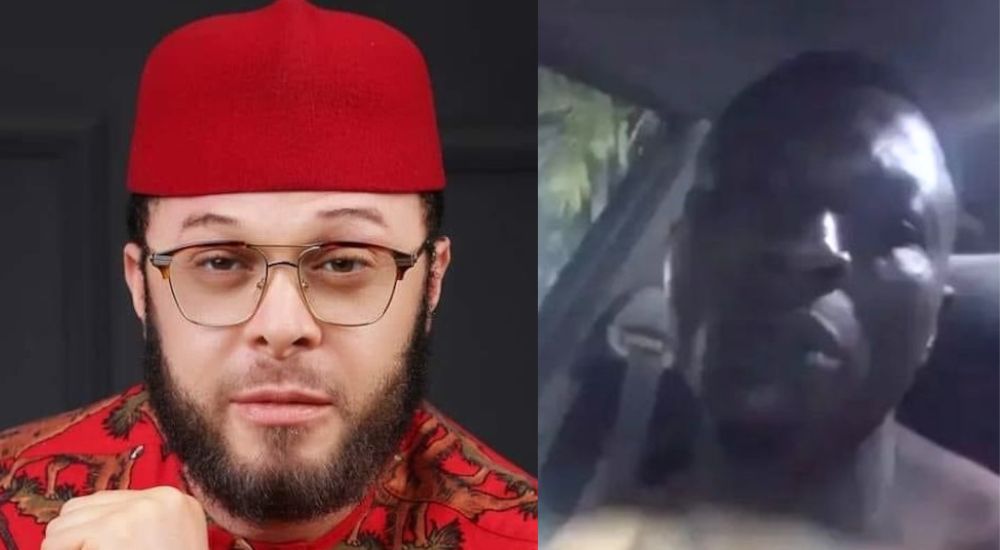Recently, an incident involving Nigerian e-hailing driver Stephen Abuwatseya has sparked significant outcry on social media platforms. The controversy emerged after Abuwatseya made a public apology to Alex Ikwechegh, a member of the House of Representatives for Aba North/South in Abia State, following an altercation during which Abuwatseya alleged he was assaulted. In a video statement posted on Thursday, Abuwatseya expressed remorse, claiming that he had provoked Ikwechegh’s reactions and thus requesting forgiveness from both the lawmaker and the general public. However, the nature of this apology has raised eyebrows among Nigerians, leading many to speculate about the circumstances surrounding it.
The backlash from netizens has been swift and pointed. Many users have suggested that Abuwatseya was either coerced into making the apology or was possibly compensated for doing so. For instance, Facebook user Okoye Onyedika expressed skepticism about Abuwatseya’s motivation, implying that he may have been pressured or financially incentivized to apologize. This sentiment was widely echoed on various platforms, indicating a broader concern regarding the potential misuse of power by politicians and the prevalence of fear among ordinary citizens facing such authority figures.
Comments reflecting a deep-rooted disillusionment with justice in Nigeria came from social media users like Joseph K Nana, who lamented the loss of equity in the country. Nana’s observation that the apology likely followed serious threats from Ikwechegh’s associates resonates with a collective sentiment among the public that justice may be compromised by politicians wielding their influence unaccountably. This pattern of behavior is not an isolated incident but part of a larger narrative wherein those in power often manipulate the system to silence their critics or dissenters.
Many users also highlighted the dimension of poverty that could be at play in Abuwatseya’s situation. Notably, Ngozi Okafor Okoye suggested that the driver might have felt compelled to settle for financial reasons, fearing for his safety and future. This aspect underscores the harsh realities many Nigerians face, where economic constraints may force individuals to make difficult choices. The interplay between economic vulnerability and the exercise of political power raises critical questions about the societal structures that uphold such dynamics.
On platforms like X.com, users addressed the need for transparency in such dealings, questioning why Abuwatseya did not simply acknowledge reaching a settlement with the lawmaker instead of issuing an apology. One user, going by the handle #derekchichi, articulated a disillusionment with Abuwatseya’s approach, suggesting that his public apology lacked authenticity and undermined the support he initially garnered from those who stood against injustice. This highlights a broader expectation among the public for figures to act with integrity and transparency, particularly when they find themselves in adversarial situations.
Several Twitter users, such as Mbuyazi and Obianuju Menkiti, speculated that Abuwatseya’s actions were influenced by either a financial payoff or threats to his life. Their remarks suggest a cynical view of the interplay between politics and personal integrity, and a belief that economic desperation can lead to moral compromise. This incident, while centered on one driver’s experience, reflects a pervasive societal issue where individuals feel compelled to concede to power structures, raising alarm about the state of justice and ethical conduct in Nigeria. Through this lens, the collective outrage serves not just as commentary on one event but as a broader indictment of systemic issues that continue to plague the nation.














